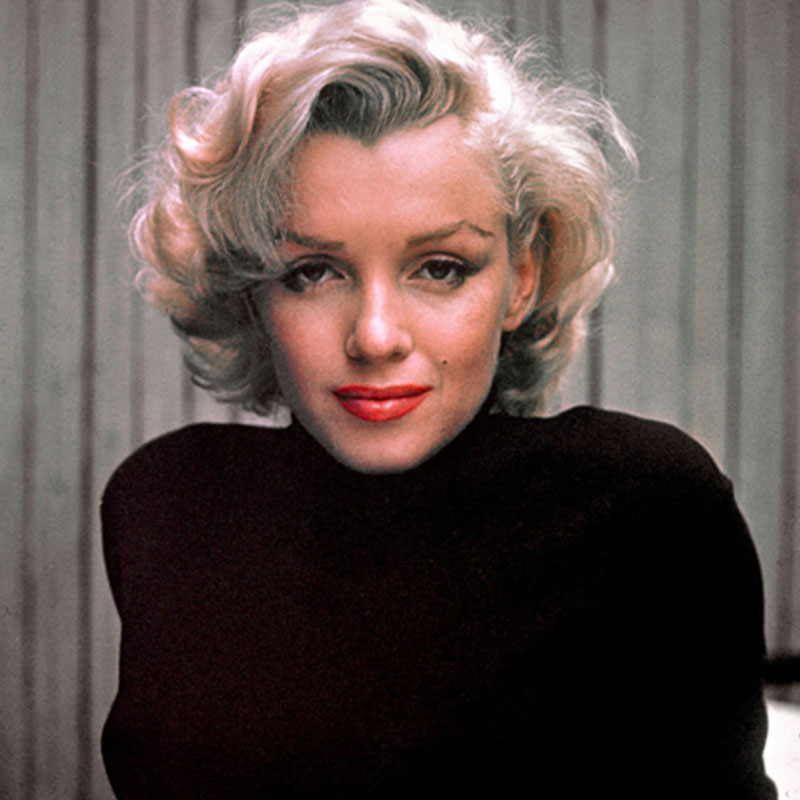My 3 Cents Marilyn Deserves Better
I was surprised when I read the news this morning that Joyce Carol Oates’ book “Blonde” had been made into a feature film. Netflix financed the project and also pulled it from its schedule until 2022. It seems the fictional depiction of Marilyn Monroe has “issues.”
The one and only time I reviewed an Oates book was for the Pittsburgh Post-Gazette in 2000 and just for fun I Googled the archives to see what my take was more than twenty years ago. Sometimes I surprise myself!
There is no shortage of Marilyn memories out there (Check out Luke Yankee’s new play “Marilyn, Mom & Me” for a better, newer take.) Oates is undoubtedly rich and famous, add prolific and well-connected, but after reading “Blonde”, and re-reading my review, I still have no desire to read anymore of her work.
|
‘Blonde’ by Joyce Carol Oates ‘Blonde’ suggests grounds for revoking Oates’ poetic license Sunday, April 02, 2000 By Rebecca Redshaw With more than 30 novels, more than 40 Web sites, two shelves filled in the open stacks at Carnegie Library, countless compilations of essays and articles to Joyce Carol Oates’ credit, it’s a fluke of nature that I, with more than four decades of reading novels to my credit, had not read any of her writing. That is until this one, a novel about Marilyn Monroe. Therefore, it is solely on this latest novel’s content that Oates’ work is reviewed, not by the author’s reputation or awards or celebrity. “Blonde” is a clumsy, 738-page work that Oates claims in the Author’s Note is “a radically distilled ‘life’ in the form of fiction.” It is not a new technique to intersperse famous notables in history in a piece of fiction, and at times it can prove most entertaining, but Oates takes liberties far beyond good taste. In her brief lifetime, Monroe led the public life of a celebrity, which has been documented and fictionalized extensively over the years. Oates goes one step further, weaving facts with her perceptions of what the star might have thought. She writes that Marilyn, at the age of 8, “knelt beside her grandmother, smelling that odor of sickly doomed flesh, of sweat and intestinal gas and bowels, recognizing it immediately, the odor of death….” Even for a precocious child, the description of that scene is farfetched. Oates expounds on Monroe’s early childhood ad nauseam, dwelling on the child’s preoccupation with her unknown father, her mentally disturbed mother and her experiences in the orphanage after her mother was committed. After Oates’ “fictional” character, Norma Jean Baker, becomes Marilyn Monroe, the author identifies pivotal people in the actress’s life in various ways. She describes in graphic detail Marilyn’s sexual ménage a trois with the sons of Charlie Chaplin and Edward G. Robinson. Sometimes Oates coyly uses initials in describing dalliances with studio moguls, leaving the reader to guess who “Mr. Z” or “Mr. B” might be. Joe DiMaggio and Arthur Miller are always referred to as the Ex-Athlete and the Playwright. Whether used as creative device or a necessary avoidance for legal reasons, the technique becomes tiresome. According to Oates’ Marilyn, “Men ruled Hollywood, and the men must be placated. There was the belly and there was the [penis]. This was a banal and thus reliable truth.” Legal latitude notwithstanding, does an author have any moral responsibility to draw the line on innuendo for profit? Does a flimsy disclaimer in the forward of a book absolve the author from any responsibility of presenting fiction as fact or vice versa? Just by virtue of being in the public eye do celebrities give up any hope of truth or dignity? Or does the author only need to symbolically shrug her shoulders and say, “But I told you it was fiction.” All might be forgiven or explained away if this book was well written. In one of Oates’ fictional quotes attributed to Jack Dempsey, she writes, “Know what ‘celebrity’ is, kid? Being paid to [b.s.] the rest of your natural life.” In this case the author knows whereof she speaks. If you’re a diehard Oates fan, read the book “Blonde.” If you want sleazy fabrications about the rich and famous, even if it’s exaggerated beyond truth, wait for the TV miniseries, “Blonde”; the rights have already been sold. If you want to read a good book, look elsewhere. Rebecca Redshaw is a novelist and playwright who also covers music for the Post-Gazette. |
|||||
